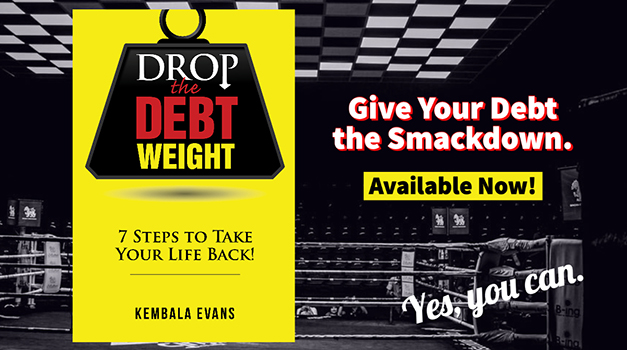Over 100 million people in the U.S. trust the banking system with their money. But what happens if the bank fails? How can you protect your money in the bank? The news anchors have shed light on recent bank failures. Two banks are making those headlines: Silicon Valley Bank and Signature Bank. These banks closed their doors to customers within the last week of March 16, 2023.
You may wonder, what happens when your bank closes its doors for good? And it is a bank failure or bank collapse. Will you ever see your money again?
If you’ve ever watched the movie “It’s a Wonderful Life,” you’ve seen the commotion—when people think their bank is in trouble and fear seeps in. Some people make a run on the bank (like in the movie) to pull all of their money out. These actions could lead to a bank’s collapse.
Now you’re probably thinking, is my money safe in the bank? Or even questioning – How can I protect myself from a bank failure? I’ll answer both of those questions for you shortly.

Protect Your Money in the Bank for Free with Federal Deposit Insurance Corporation (FDIC)
The FDIC stepped in during the Great Depression to give people more confidence in the banking system. If you have an FDIC-insured bank account, then you have the insurance of the U.S. government up to $250,000 at a minimum on your deposit accounts.
The FDIC describes the protection as follows:
Deposit insurance is one of the significant benefits of having an account at an FDIC-insured bank—it’s how the FDIC protects your money in the unlikely event of a bank failure. The standard insurance amount is $250,000 per depositor, per insured bank, for each account ownership category. And you don’t have to purchase deposit insurance. If you open a deposit account in an FDIC-insured bank, you are automatically covered.
– FDIC
Is my bank FDIC-insured?
Having an FDIC-insured bank gives you more peace of mind. The extra protection doesn’t cost you when your bank is FDIC-insured. Check out the FDIC’s BankFind Suite tool to see if your bank is FDIC-insured. Click here and look up your bank.
What’s a deposit account?
All accounts are not created equal. The FDIC covers deposit accounts, like checking, savings, money market and certificate of deposit (CDs) accounts. It does not cover stocks, bonds, mutual funds or crypto. Click here for a complete list of accounts covered and protected by the FDIC.
What does an ownership category mean?
The insurance protection varies based on the way your bank accounts are titled. For example, if Susan has a checking account with $5,000 and a savings account with $10,000 at one bank. The FDIC covers her money in these deposit accounts up to $250,000. If Richard has a joint checking account with his wife with $325,000 at one bank, this deposit account is covered up to $500,000 ($250,000 per owner). Click here to learn more about the different ownership categories.
What if I have an account at the credit union?
The FDIC does not insure accounts at credit unions. However, the National Credit Union Administration (NCUA) provides insurance protection on deposit accounts at credit unions.
“The NCUA protects the safety and soundness of the credit union system by identifying, monitoring and reducing risks to the National Credit Union Share Insurance Fund. Backed by the full faith and credit of the United States, the Share Insurance Fund provides up to $250,000 of federal share insurance to millions of account holders in all federal credit unions and the overwhelming majority of state-chartered credit unions.”
In closing, identity theft is more likely to happen than the chance of a bank closure these days. Here are 5 Ways to Protect Yourself from Identity Theft.
Photo: Jonathan Cooper (Unsplash)




